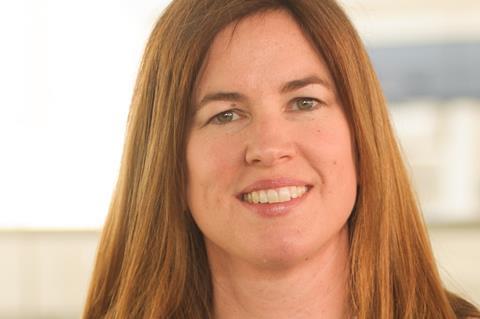Patricia uses chemistry to develop new ways of detecting, monitoring and analysing quantities of environmental pollutants
What is a professor of environmental chemistry?

I lead ground-breaking research teams at the University of Pretoria. My role involves teaching undergraduate students and directing the Environmental Monitoring and Sensing research group. This group develops new ways of monitoring the levels of environmental pollutants in air and water to see how much there is and whether they affect people’s health.
What is your typical day like?
Each day is different but could involve a mixture of teaching, writing, planning experiments and interpreting results. At some points during the day, I might spend time writing research proposals, journal papers, conference papers and research reports. At other points in the day, I might be guiding postgraduate students in my research group or leading campaigns across the globe to tackle environmental problems.
What do you enjoy most about your job?
I love the variety and intellectual challenges that my job presents. I feel I am making a difference in terms of preserving our environment and it is also very rewarding to see students mature as scientists and grow under my guidance.
As a result of this, I have a clear sense of purpose in my job, which is important to me. Interacting with other researchers and enthusiastic, talented students keeps me motivated and reminds me why I chose a career in academia.
Qualifications required
Minimum qualification for role: You will need a PhD for an academic career.
How is your job helping to fix the future?
My research group develops new analytical methods to monitor environmental pollutants, such as pesticides, in air and water. We also aim to come up with portable, more affordable technologies, making them more accessible for researchers so that rural areas and less monitored areas can also be investigated. An example of this would be the air monitoring that is currently happening in underground platinum mines in South Africa.
The process of monitoring is essential for detecting the presence of environmental pollutants and determining their levels. This knowledge can be used to further our understanding of how these pollutants might impact on the environment and human health. Many pollutants can cause negative effects at very low levels so it’s a challenge to develop ways to be able to detect them in the environment.
Which skills do you use?
My role requires excellent written and oral communication skills. In addition, creativity and analytical thinking skills are needed, including logic, attention to detail and good problem-solving skills.
Technical skills are also important which I have acquired during university training and also in the workplace. Analytical technology is rapidly evolving, so staying up to date is important throughout your career. Research is typically conducted in teams, so it is advantageous to be a team player.
How did your qualification help you get your job?
Firstly, I loved chemistry at school. I was fortunate to secure funding for my studies which made university attendance possible.
After this, I did a PhD in chemistry. My PhD focused on developing a new method for analysing quantities of air pollutants, which served as a springboard for my current research. When I finished my PhD, I got a job in industry as an environmental manager, then worked as an environmental researcher at a science council. I found out about the position at the University of Pretoria through people I knew there – they suggested that I should apply based on my experience. Altogether, my PhD in chemistry, along with my experience in industry and my role as a researcher at a science council helped me to get into my job.
What advice would you have for a young person wishing to enter your career area?
There are many opportunities and you have to be bold and take them! The harder you work, the more opportunities there will be.
What are your plans for the future?
I’d like to be doing more of what I am doing now, with some additional partnerships with international researchers to confront global environmental problems.
Want to find out more?
- Read about Prof Patricia Forbes’ Environmental Monitoring and Sensing research group.
- Talk to your career adviser about getting some work experience.
Patricia Forbes FRSC, full professor at the University of Pretoria, South Africa.
First published September 2021













